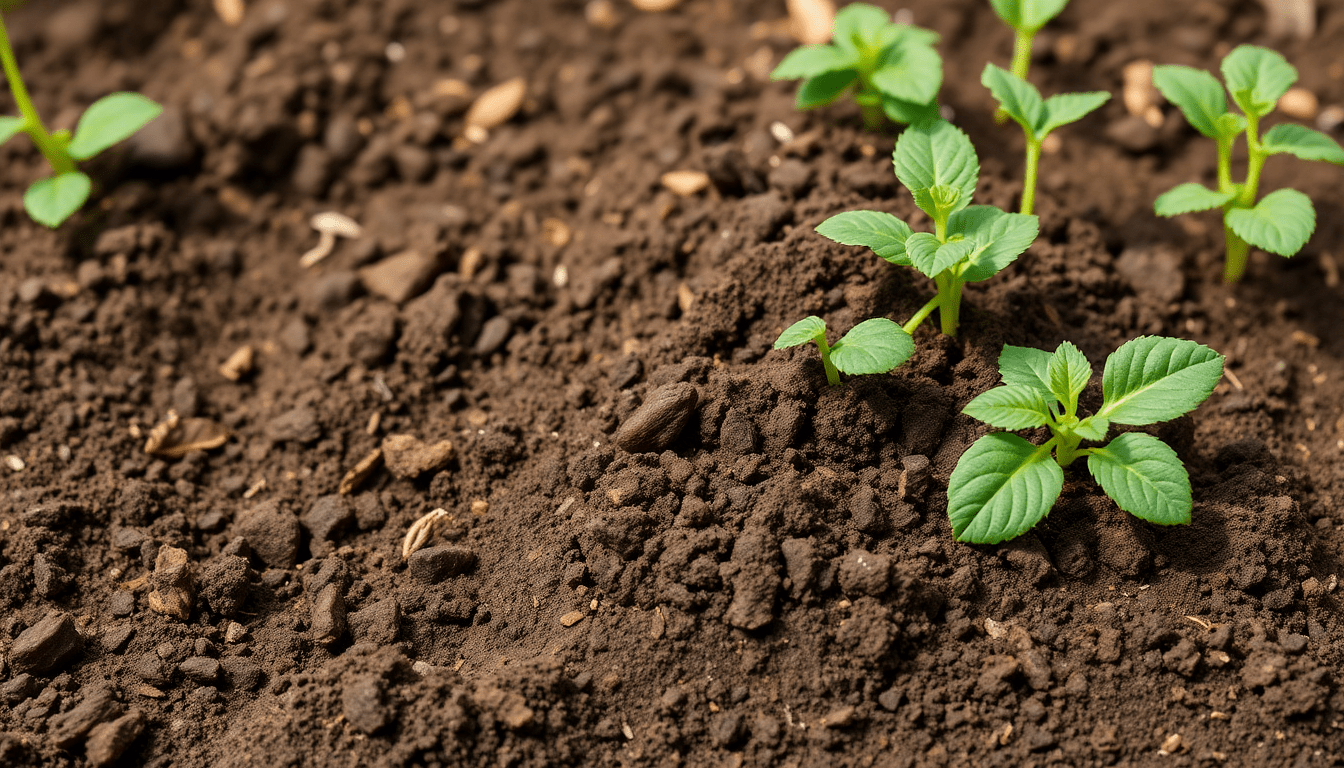
Microbial Cycling from Gut to Soil: How Composting Human Excrement Rebuilds Soil Microbiomes
Microbial Cycling from Gut to Soil: Composting Human Excrement Rebuilds Soil Microbiomes Understanding the connection between the gut microbiome and... Read more